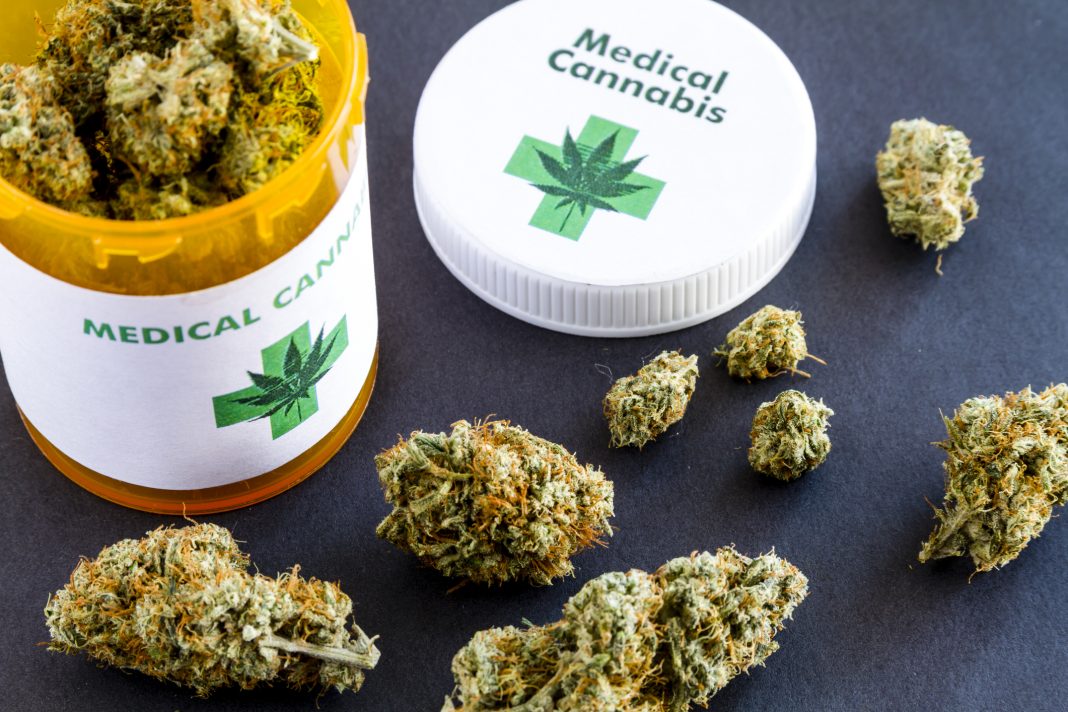Finding appropriate treatments to improve the symptoms associated with autism spectral disorders (ASD) has been challenging. Yet anecdotally, some reports have shown that treatment with various cannabis oils has eased various ASD symptoms. Now, a new study from investigators at Ben-Gurion University of the Negev (BGU) and Soroka University Medical Center show that cannabis as a treatment for ASD appears to be a well-tolerated, safe, and effective option to relieve symptoms including seizures, tics, depression, restlessness, and rage attacks in a cohort of patients aged 18 and under.
Findings from the new study were published recently in Scientific Reports through an article titled “Real life Experience of Medical Cannabis Treatment in Autism: Analysis of Safety and Efficacy.” Moreover, the researchers reported that “overall, more than 80% of the parents reported significant or moderate improvement in their child,” according to lead study investigator Lihi Bar-Lev Schleider, a doctoral candidate at BGU-Soroka Clinical Cannabis Research Institute.
ASD is an extensive developmental disorder that is expressed in almost all dimensions of the child’s development. It is now common to refer to this disorder as a wide range of Pervasive Developmental Disorders (PDD) in which there are various manifestations and symptoms.
“We analyzed the data prospectively collected as part of the treatment program of 188 ASD patients treated with medical cannabis between 2015 and 2017,” explained study author Gal Meiri, MD, of the Negev Autism Center. “The treatment in the majority of the patients was based on cannabis oil containing 30% cannabidiol oil (CBD) and 1.5% tetrahydrocannabinol (THC). Symptoms, patient global assessment, and side effects at six months were primary outcomes of interest and were assessed by structured questionnaires.”
Amazingly, after six months of treatment, 30% of patients reported significant improvement, 53.7% reported moderate improvement, and only 15% had slight or no change.
Additionally, patients reported that quality of life, mood, and ability to perform activities of daily living were assessed prior to treatment and at six months. Good quality of life was reported by 31.3% of patients prior to treatment initiation. At six months, good quality of life more than doubled to 66.8%. Positive mood was reported as 42% before treatment and 63.5% after six months.
The ability to dress and shower independently improved significantly from cannabis treatment. Only a quarter (26.4%) reported no difficulty prior to the treatment while 42.9% improved their ability to dress and shower independently at six months.
Cannabis oil medication also significantly improved sleep and concentration. Good sleep and concentration were reported by 3.3% and zero percent respectively at the outset vs. 24.7% and 14% during active treatment.
While the investigators were encouraged by their findings, the cautioned against overinterpreting the results or self-medicating, as larger controlled studies are needed to determine if these results will hold up in a large population.
“While this study suggests that cannabis treatment is safe and can improve ASD symptoms and improve ASD patients’ quality of life, we believe that double-blind placebo-controlled trials are crucial for a better understanding of the cannabis effect on ASD patients,” concluded senior study investigator Victor Novack, MD, of the BGU-Soroka Clinical Cannabis Research Institute.



